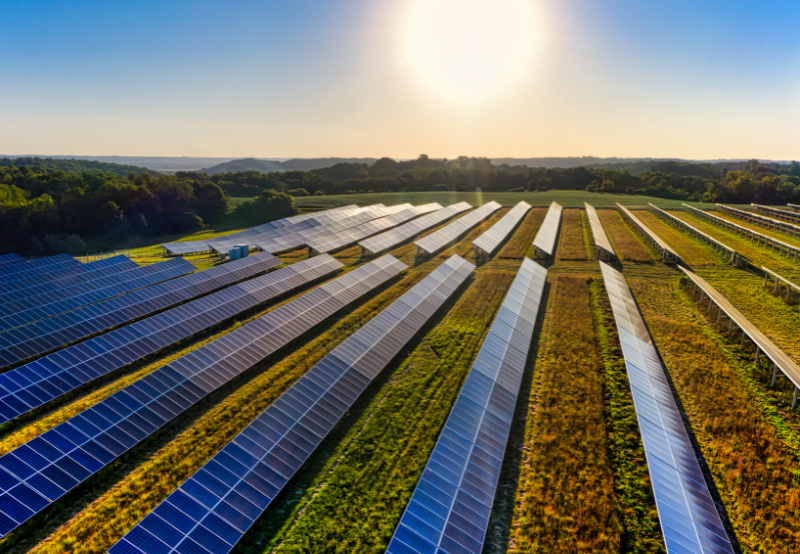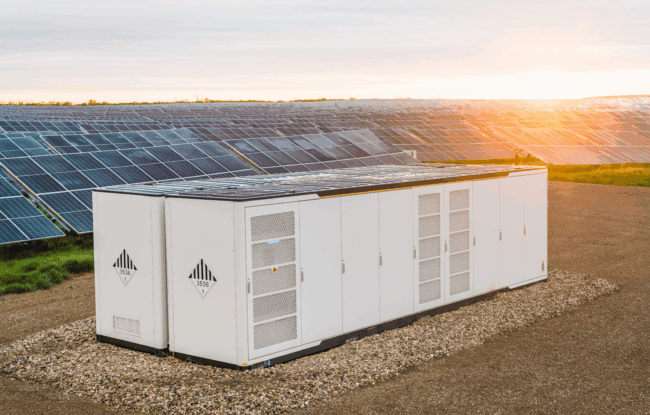Recurrent Energy, a global developer, owner, and operator of solar and energy storage, secured financial closure on the 119 MW Horus Solar project in Mexico. The solar project was closed under a non-recourse financing of $51 million provided by Korea Eximbank (KEXIM), South Korea’s official export credit agency, and KEB Hana Bank, one of South Korea’s largest banks.
Funding for the project is split into two tranches – $43 million will be facilitated by KEXIM and $8 million by the KEB Hana Bank. Furthermore, the project was also awarded a power purchase agreement (PPA), under which it will sell 75% of the electricity generated for 15 years and Clean Energy Certificates for 20 years. The remaining 25% will be sold on the spot market.
Recurrent Energy is a subsidiary of Canadian Solar and owns 49% of the solar project. Besides Recurrent Energy, the solar project is also owned by Korea Electric Power Corporation (KEPCO) and Sprott, which have 15% and 36%, respectively.
The project, located in the region of Aguascalientes, Mexico, will utilize bifacial modules, BiHiku, supplied by Canadian Solar.
“The Horus project is a great example of the high-value projects that we aim to develop and finance across the world. Thank you to our partners at KEXIM and KEB Hana Bank, together with the project sponsors KEPCO and Sprott, for helping enable this solar project that will bring more emissions-free power to Mexico. We remain committed to the Mexican market that boasts some of the best fundamentals worldwide for solar development”, says Ismael Guerrero, CEO of Recurrent Energy.
According to Mercom’s Q4 and Annual Global Solar Funding and M&A report, large-scale project funding deals announced in 2023 came to $44.5 billion in 229 deals, of which 196 were disclosed.
In another recent deal, Recurrent Energy secured $160 million in project financing for the 127 MWdc Bayou Galion Solar project located in Morehouse Parish in Northeast Louisiana. The project is currently under construction and is expected to be operational by fall 2024.




